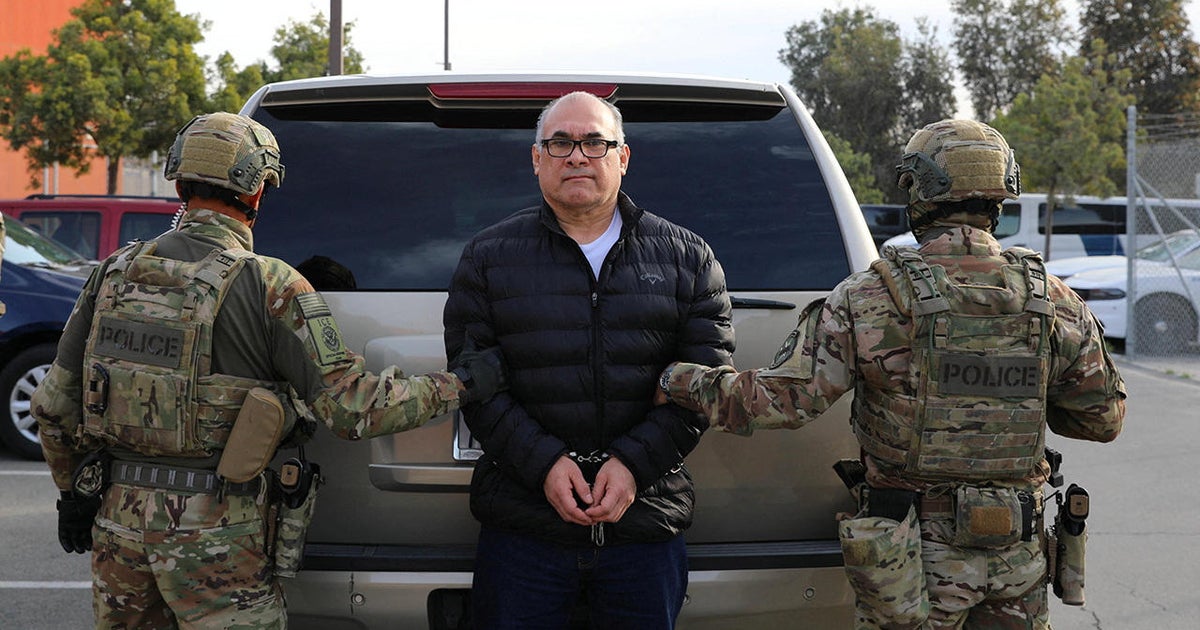Avocado prices surge amid fears of shortage if U.S.-Mexico border closes
- Avocado prices spiked 44 percent for the week ending Tuesday when President Trump threatened to close the U.S.-Mexico border.
- "This is retailers getting as many avocados as possible just in case they close the border," one trade expert said.
- Tomato prices were up 30 percent from a week earlier on Monday -- roughly 60 percent of tomatoes consumed in the U.S. this time of year also come from Mexico.
The price of Mexican avocados surged 44 percent in one week as purveyors in the U.S. appear to be stocking up in anticipation of a possible shutdown of the United States-Mexico border.
President Donald Trump threatened both last week and this week to close the U.S.-Mexico border in an effort to curb illegal immigration, escalating fears of a possible disruption in international trade. Roughly 86 percent of avocados consumed by Americans are imported, with Mexico supplying about 88 percent of those imports, according to a report from the Mexican Hass Avocado Import Association.
Experts said they saw the price hike coming -- but not happening so soon. "This time of year, Mexico is supplying a great portion of winter vegetables, so if we saw a shutdown we would see prices go up very quickly -- literally within the day," said Lance Jungmeyer, president of the Fresh Produce Association of the Americas.
"When it becomes clear to everyone that less produce will be available tomorrow, there comes a bidding war for what's available," he said of the spike in prices.
Rufus Yerxa, president of the National Foreign Trade Council said he's not surprised Trump's threats have encouraged vendors to stock up on hard-to-source fruits and vegetables. "That's what happens when presidential statements lead people in commerce to think something bad is going to happen," he said.
Americans could also, at some point, begin to see the fruit disappear from grocery stores and restaurant menus. "If the price becomes too high, grocery stores and restaurants will say I guess we will do without them and you will have empty shelves for consumers," Jungmeyer said.
Americans last year imported nearly 2 billion pounds of avocados from Mexico alone, according to the Hass Avocado Board. "Mexico is the main source, and if Mexico were shut out, prices would go up and maybe you wouldn't be able to get guacamole," Jungmeyer said.
Avocado prices are volatile and can fluctuate based on weather alone. But this kind of volatility is rare, according to David Magana, a senior fruit and vegetable analyst for Rabobank. He says the sudden price surge --a 44% spike in wholesale prices based on U.S.D.A. data from Tuesday, March 26 to Tuesday, April 2 -- is directly related to Trump's ramped-up rhetoric during that period. "This is retailers getting as many avocados as possible just in case they close the border," he said.
Still, it could take days for elevated wholesale prices to be reflected at grocery stores. "I was in the supermarket last night and was seeing the same promotion from last week, but today I might see different prices," Magana said.
The United States also relies on California for avocados -- but the Golden State is expected to be in short supply this year. "California production started late and we are expecting a smaller crop this year, so the share of Mexican avocados in the U.S. is higher than normal right now," Magana said.
Roughly 95 percent of blackberries, 60 percent of tomatoes, and 75 percent of the asparagus consumed in the United States this time of year also come from Mexico. On Monday, tomato prices were up 30 percent from a week earlier, Magana said.
There's no telling how high prices will go -- especially if the president closes the border.
"We could easily see prices doubling or even tripling in a matter of weeks just because of weather disruptions in the growing region, but what we are exploring here is something we haven't yet seen happen, so it is difficult to estimate a price impact," he said.



